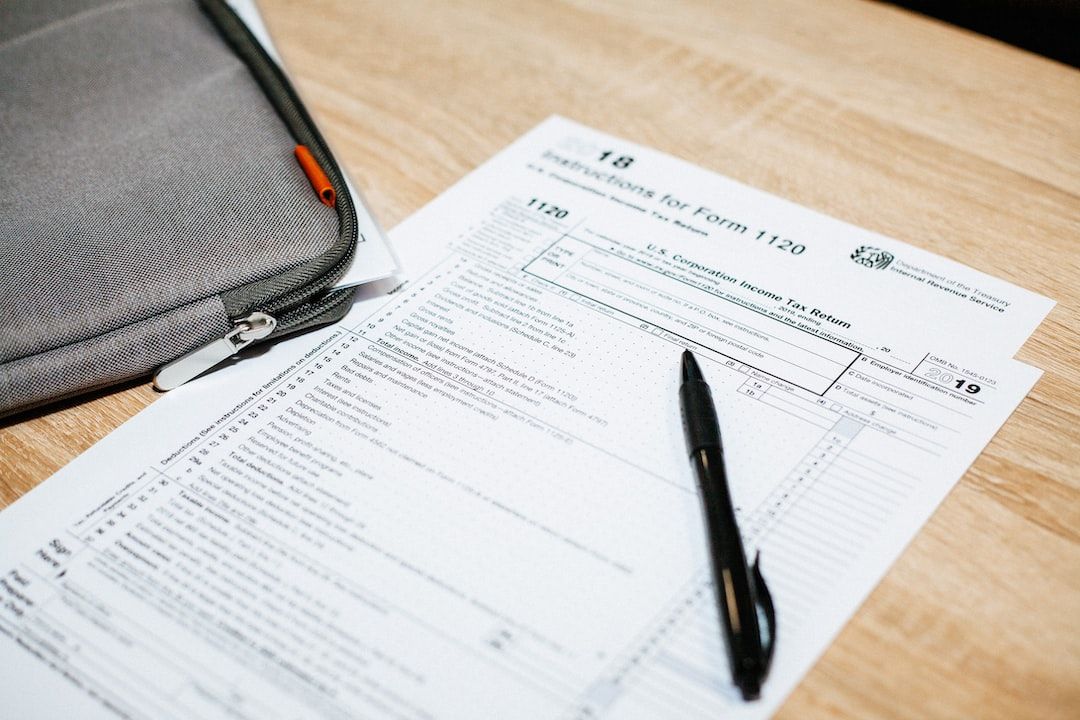Record Keeping Tips and Tricks
Jan 17
/
Vivien Williams

An NDIS professional has a responsibility to maintain accurate and up-to-date records. Not only is this a legal requirement, it also ensures that participants receive the best possible outcomes from their NDIS support and NDIS plan.
Types of records may include:
Types of records may include:
- Service agreements
- Participant information records
- Incident reports
- Complaints and feedback
These records must be accurate, complete, and up-to-date. They must also be stored securely.
Empty space, drag to resize
Tips and Tricks
Tip 1. Use a secure system
- Ensure that you are using a secure system to store your records, and that only authorised personnel have access to them.
Tip 2. Train your staff
- Make sure that your staff are trained in record keeping, and that they understand the importance of maintaining accurate records.
Tip 3. Seek professional advice
- If you are unsure about any aspect of record keeping requirements, seek advice from a professional, such as a lawyer or accountant.
Tip 4. Audit your records
- Regularly audit your records to ensure that they are compliant with NDIS code of conduct (both registered and non-registered providers) and the NDIS practice standards and quality indicators (registered providers). This will help identify any gaps or errors in your record keeping.
Tip 5. Privacy and confidentiality
- Maintaining good record keeping and having processes in place ensures adherence to the Privacy Act 1988.
Tip 6. Keep records up-to-date
- Make sure that you are updating your records to reflect any changes in your clients' support needs, service history, or personal information.
In conclusion, maintaining accurate and up-to-date records is a crucial aspect of being an NDIS professional and providing services to NDIS participants.
Are you new to the support coordination role? Here is some further training called 'NDIS Record Keeping 101'. This topic looks at the legal requirements of record keeping, goes into detail about different types of records and what should and shouldn’t be recorded.
Empty space, drag to resize
Who we are
Training provided through the Housing Hub (formerly UpSkill) equips you with the confidence and skills needed to effectively support people with disability to live well in the community.
Join our mailing list
Thank you!
